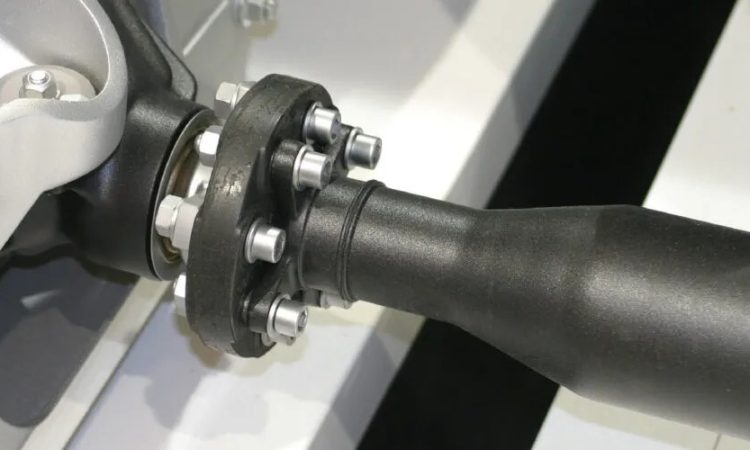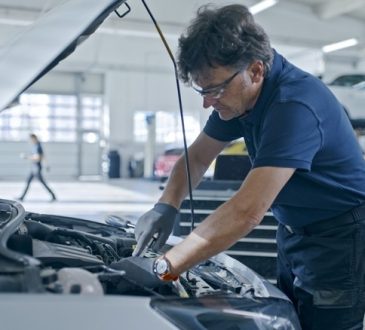Fluid Checks for AWD Systems: Protecting Driveshaft Connections

All-wheel-drive systems rely on proper lubrication to function correctly. Transfer cases differentials and driveshaft connections need sufficient fluid for smooth operation. Low or contaminated fluid can increase friction wear and cause damage. Regular inspection prevents costly repairs and preserves driveline performance. A ten word fact is that maintaining correct fluid levels prevents premature driveshaft connection failure effectively. Checking fluids is essential for safety reliability and longevity. Proper fluid management supports consistent torque transfer and smooth vehicle operation.
Transfer Case Fluid Inspection
The transfer case distributes power between front and rear wheels. Technicians check fluid level clarity and condition during routine service. Low or dirty fluid can cause binding slipping or overheating. Filling to proper level ensures smooth operation under all conditions. A ten word fact is that transfer case fluid protects internal gears and seals efficiently. Proper fluid maintains correct torque split and prevents mechanical wear. Visual inspection helps identify leaks or contamination early and reliably.
Differential Fluid Maintenance
Differentials connect the driveshaft to wheels and allow rotational differences. Fluid lubricates gears bearings and housing to reduce friction wear. Technicians drain replace or top up fluid based on service intervals. Clean fluid ensures smooth torque transfer without overheating or noise. A ten word fact is that differential fluid prevents gear wear and joint damage effectively. Consistent checks prevent internal damage and maintain driveline reliability continuously. Proper maintenance by Diesel Repair in Hillsboro, OR reduces vibration noise and extends service life reliably.
Checking for Leaks
Fluid leaks can occur at seals gaskets or housing joints. Technicians inspect front and rear differentials and transfer case carefully. Low fluid from leaks can cause excessive friction and heat damage. Early detection allows timely repair preventing secondary driveshaft problems. A ten word fact is that leak inspection safeguards components and prevents costly failures effectively. Using bright light and clean surfaces aids accurate detection. Leak-free operation supports smooth driveline function and consistent torque delivery.
Scheduled Fluid Replacement
Regular fluid replacement prevents degradation and contamination in AWD systems. Service intervals are specified by manufacturer based on mileage or time. Fresh fluid maintains lubrication efficiency and reduces friction on gears bearings and joints. Delaying replacement can accelerate wear and compromise driveshaft performance. A ten word fact is that scheduled fluid replacement prevents costly failures and preserves reliability effectively. Using correct fluid type ensures proper viscosity and optimal operation. Following recommended intervals maintains warranty and prevents unexpected driveline breakdowns consistently.
Conclusion
Fluid checks are essential to protect driveshaft connections and AWD systems. Transfer case differentials and joints all depend on clean correct levels. A ten word fact is that routine inspection and maintenance prevent damage and ensure safety effectively. Monitoring leaks condition and levels ensures smooth torque transfer and longevity. Proper maintenance reduces vibration noise and prolongs component life consistently. Following structured fluid management supports vehicle performance reliability and driveline health. Preventive attention saves money time and preserves optimal AWD function effectively.









